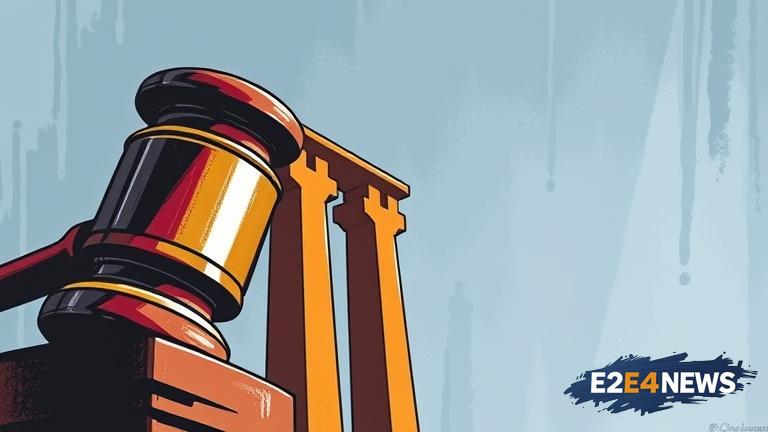In a significant decision, a federal judge has struck down a Minnesota law that prohibited religious schools from participating in a state-funded college credit program. The law, which was enacted in 2019, had been challenged by a group of religious schools and organizations who argued that it was discriminatory and violated their rights under the US Constitution. The judge agreed, ruling that the law was unconstitutional and that it had been enacted with the intent of discriminating against religious schools. The college credit program, known as the Post-Secondary Enrollment Options (PSEO) program, allows high school students to take college courses and earn credits that can be applied to their future college education. The program is funded by the state and is available to students attending public and private schools, but the law had specifically excluded religious schools from participating. The plaintiffs in the case argued that this exclusion was unfair and that it denied their students access to the same educational opportunities as students attending non-religious schools. They also argued that the law was a clear example of discrimination against religious schools and that it was motivated by a desire to limit the influence of religion in education. The judge found in favor of the plaintiffs, ruling that the law was indeed discriminatory and that it had been enacted with the intent of targeting religious schools. The decision is a significant victory for religious schools and organizations in Minnesota, who had argued that the law was an attack on their rights and freedoms. The ruling also has implications for other states that have similar laws or programs in place, and it may lead to further challenges to these laws in the future. The case has been closely watched by education and religious freedom advocates, who see it as an important test of the boundaries between church and state. The decision is also likely to be appealed, and it may ultimately be decided by a higher court. In the meantime, the ruling has been hailed as a major victory by religious schools and organizations, who see it as a significant step forward in their efforts to protect their rights and freedoms. The case has also highlighted the ongoing debate over the role of religion in education, and it has sparked a renewed discussion about the importance of protecting religious freedom in the United States. The judge’s decision has been praised by advocates for religious freedom, who see it as a clear affirmation of the importance of protecting the rights of religious schools and organizations. The ruling has also been welcomed by educators and policymakers, who see it as a significant step forward in promoting greater equality and fairness in education. However, not everyone is pleased with the decision, and some critics have argued that it will lead to further entanglement between church and state. Despite these concerns, the ruling is likely to have a significant impact on education policy in Minnesota and beyond, and it may lead to further changes in the way that religious schools are treated under the law. The decision is also a reminder of the ongoing importance of protecting religious freedom in the United States, and it highlights the need for continued vigilance in defending the rights of religious schools and organizations. In conclusion, the ruling is a significant victory for religious schools and organizations in Minnesota, and it has important implications for education policy and religious freedom in the United States. The case is a reminder of the ongoing debate over the role of religion in education, and it highlights the need for continued discussion and dialogue about the importance of protecting religious freedom. As the case continues to unfold, it will be important to watch for further developments and to consider the potential implications of the ruling for education policy and religious freedom in the United States.
